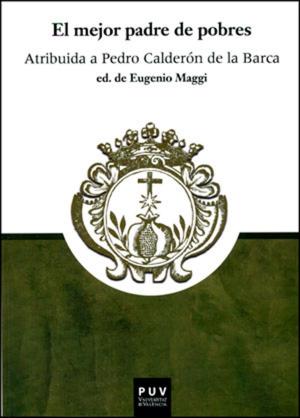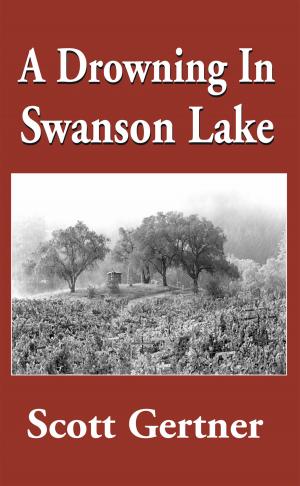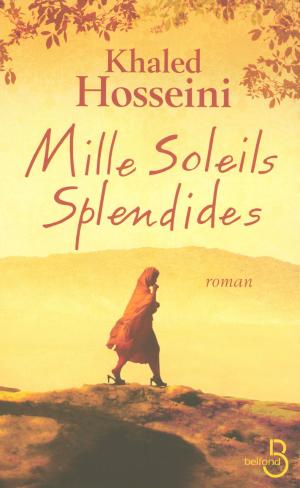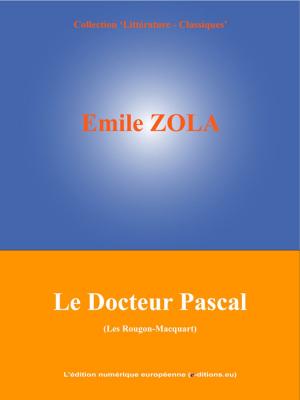ROBINSON CRUSOE Classic Novels: New Illustrated [Free Audio Links]
Nonfiction, Travel, Adventure & Literary Travel, Fiction & Literature, Classics, Literary| Author: | Daniel Defoe | ISBN: | 1230000037164 |
| Publisher: | Daniel Defoe | Publication: | December 3, 2012 |
| Imprint: | Language: | English |
| Author: | Daniel Defoe |
| ISBN: | 1230000037164 |
| Publisher: | Daniel Defoe |
| Publication: | December 3, 2012 |
| Imprint: | |
| Language: | English |
"ROBINSON CRUSOE - Top Classic Novels" This edition included NEW illustrations + Free AudioBook Links + Clickable Table of Contents for both the list of included books and their respective chapters. Navigation couldn't be easier.
The text and chapters are perfectly set up to match the layout and feel of a physical copy, rather than being haphazardly thrown together for a quick release.
Robinson Crusoe is a novel by Daniel Defoe, first published on 25 April 1719. This first edition credited the work's fictional protagonist Robinson Crusoe as its author, and was published under the considerably longer original title The Life and Strange Surprizing Adventures of Robinson Crusoe, of York, Mariner: Who lived Eight and Twenty Years, all alone in an un-inhabited Island on the Coast of America, near the Mouth of the Great River of Oroonoque; Having been cast on Shore by Shipwreck, wherein all the Men perished but himself. With An Account how he was at last as strangely deliver'd by Pirates. Epistolary, confessional, and didactic in form, the book is a fictional autobiography of the title character (whose birth name is Robinson Kreutznaer)—a castaway who spends 28 years on a remote tropical island near Trinidad, encountering cannibals, captives, and mutineers before being rescued.
The story is widely perceived to have been influenced by the life of Alexander Selkirk, a Scottish castaway who lived for four years on the Pacific island called "Más a Tierra" (in 1966 its name was changed to Robinson Crusoe Island), Chile. However, other possible sources have been put forward for the text. It is possible, for example, that Defoe was inspired by the Latin or English translations of Ibn Tufail's Hayy ibn Yaqdhan, an earlier novel also set on a desert island. Another source for Defoe's novel may have been Robert Knox's account of his abduction by the King of Ceylon in 1659 in "An Historical Account of the Island Ceylon," Glasgow: James MacLehose and Sons (Publishers to the University), 1911. In his 2003 Book "In Search of Robinson Crusoe", Tim Severin contends that the account of Henry Pitman in a short book chronicling his escape from a Caribbean penal colony and subsequent shipwrecking and desert island misadventures, is the inspiration for the story.
Despite its simple narrative style, Robinson Crusoe was well received in the literary world and is often credited as marking the beginning of realistic fiction as a literary genre. Before the end of 1719 the book had already run through four editions, and it has gone on to become one of the most widely published books in history, spawning numerous sequels and adaptations for stage, film, and television.
“Beyond the end of Robinson Crusoe is a new world of fiction. Even though it did not know itself to be a ‘novel,’ and even though there were books that we might now call ‘novels’ published before it, Robinson Crusoe has made itself into a prototype . . . Perhaps because of all the novels that we have read . . . the novelty of Defoe’s fiction is the more striking when we return to it. Here it is, at the beginning of things, with its final word reaching out into the future.” –from the Introduction by John Mullan
"ROBINSON CRUSOE - Top Classic Novels" This edition included NEW illustrations + Free AudioBook Links + Clickable Table of Contents for both the list of included books and their respective chapters. Navigation couldn't be easier.
The text and chapters are perfectly set up to match the layout and feel of a physical copy, rather than being haphazardly thrown together for a quick release.
Robinson Crusoe is a novel by Daniel Defoe, first published on 25 April 1719. This first edition credited the work's fictional protagonist Robinson Crusoe as its author, and was published under the considerably longer original title The Life and Strange Surprizing Adventures of Robinson Crusoe, of York, Mariner: Who lived Eight and Twenty Years, all alone in an un-inhabited Island on the Coast of America, near the Mouth of the Great River of Oroonoque; Having been cast on Shore by Shipwreck, wherein all the Men perished but himself. With An Account how he was at last as strangely deliver'd by Pirates. Epistolary, confessional, and didactic in form, the book is a fictional autobiography of the title character (whose birth name is Robinson Kreutznaer)—a castaway who spends 28 years on a remote tropical island near Trinidad, encountering cannibals, captives, and mutineers before being rescued.
The story is widely perceived to have been influenced by the life of Alexander Selkirk, a Scottish castaway who lived for four years on the Pacific island called "Más a Tierra" (in 1966 its name was changed to Robinson Crusoe Island), Chile. However, other possible sources have been put forward for the text. It is possible, for example, that Defoe was inspired by the Latin or English translations of Ibn Tufail's Hayy ibn Yaqdhan, an earlier novel also set on a desert island. Another source for Defoe's novel may have been Robert Knox's account of his abduction by the King of Ceylon in 1659 in "An Historical Account of the Island Ceylon," Glasgow: James MacLehose and Sons (Publishers to the University), 1911. In his 2003 Book "In Search of Robinson Crusoe", Tim Severin contends that the account of Henry Pitman in a short book chronicling his escape from a Caribbean penal colony and subsequent shipwrecking and desert island misadventures, is the inspiration for the story.
Despite its simple narrative style, Robinson Crusoe was well received in the literary world and is often credited as marking the beginning of realistic fiction as a literary genre. Before the end of 1719 the book had already run through four editions, and it has gone on to become one of the most widely published books in history, spawning numerous sequels and adaptations for stage, film, and television.
“Beyond the end of Robinson Crusoe is a new world of fiction. Even though it did not know itself to be a ‘novel,’ and even though there were books that we might now call ‘novels’ published before it, Robinson Crusoe has made itself into a prototype . . . Perhaps because of all the novels that we have read . . . the novelty of Defoe’s fiction is the more striking when we return to it. Here it is, at the beginning of things, with its final word reaching out into the future.” –from the Introduction by John Mullan
![Cover of the book ROBINSON CRUSOE Classic Novels: New Illustrated [Free Audio Links] by Daniel Defoe, Daniel Defoe](https://www.kuoky.com/images/2012/december/500x500/1230000037164-CdC5_500x.jpg)














